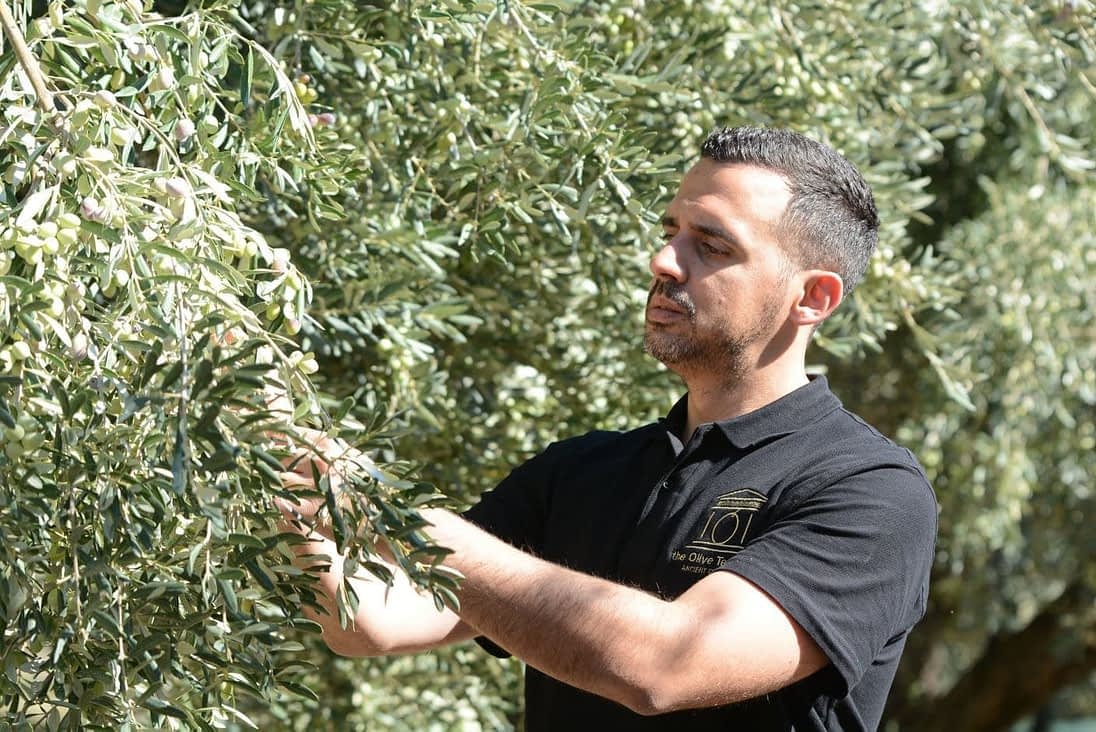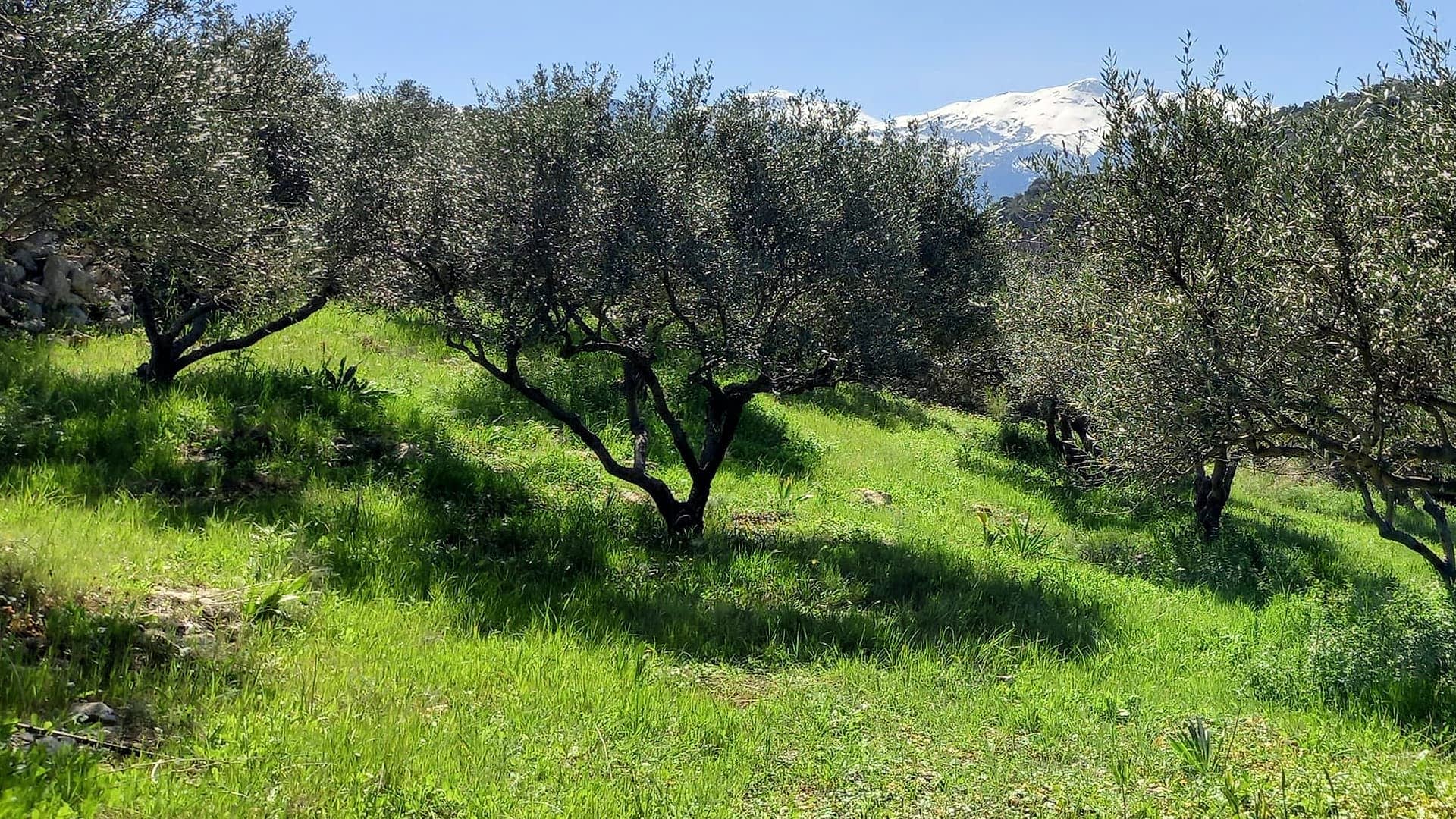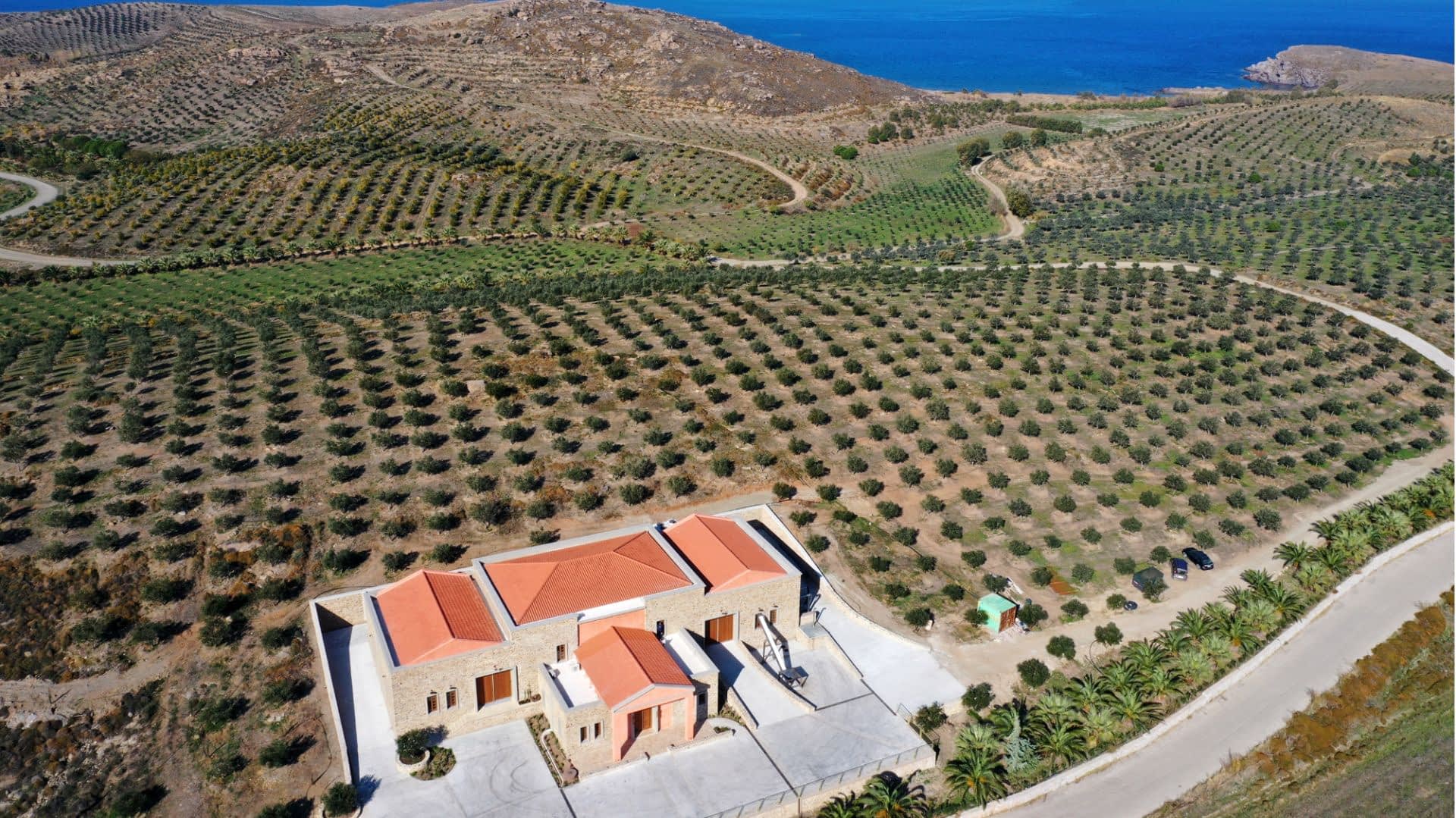Greek Producers Celebrate Successful Finish to Historically Low Harvest

This year’s disappointing harvest in Greece did not stop the country’s olive growers and millers from crafting some of the world’s best extra virgin olive oils.
Beating the odds, Greek producers rose to the occasion and won 56 awards (26 Gold and 30 Silver Awards) from 108 entries at the 2024 NYIOOC World Olive Oil Competition.
Greek olive oil production fell below 150,000 tons in the 2023/24 crop year, a record low and less than half of last year’s 340,000 tons.
See Also:The best extra virgin olive oil from GreeceFarmers and millers cited erratic weather, which disrupted the established pattern of olive cultivation in the country, and widespread olive fruit fly infestations as the main reasons for the decrease in quantity and, in some cases, quality.
“This past year was the most challenging we’ve ever faced,” said Cretan producer Panagiotis Tsiriotakis of Acropolis Organics, which won two Gold Awards for Koroneiki monovarietals.
“Unlike my grandfather’s generation, when the weather was reliable and consistent, we’ve been dealing with weather pattern shifts like never before,“ he added.
Producers from Crete and the Peloponnese peninsula, the backbone of the Greek olive oil industry, claimed the lion’s share of accolades at this year’s NYIOOC with 32 awards.
AMG Karabelas from the peninsula’s Ilia region came through the adverse weather that dominated the region this year to celebrate two Gold Awards and a Silver Silver Award at the Word Competition.

High temperatures during the spring and wet weather throughout the harvest were among the challenges faced by AMG Karabelas to acheive award-winning quality. (Photo: AMG Karabelas)
Alexis Karabelas said irregular weather conditions, including excessive rain in the spring and warm weather at harvest time, forced the company to change tactics and once again achieve its high quality standards.
“We had to carry out frequent tests to achieve the desired results,“ he said. “Having done it this year, we believe we will also be able to win in the years to come.”
The Peloponnesian producer earned two Gold Awards for the Laurel & Flame Fresh, a Tsabidoelia monovarietal, and its Olympia PGI blend for the third year in a row. The company’s Myths of Olympia was also awarded.
“We are also delighted because the Myths of Ancient Olympia, a Koroneiki extra virgin olive oil that we submitted to the NYIOOC for the first time, won a Silver Award in the competition,” Karabelas said.
On Crete, where some of the island’s producing areas experienced a dramatic drop of 60 to 70 percent in olive oil production, returning entrants Skoutari and Cretan Harvest overcame a demanding harvest to win awards at this year’s NYIOOC.
Situated on opposite sides of the island – Skoutari on the eastern side close to Lasithi and Cretan Harvest on the western side near Chania – both producers grappled with the island’s dry weather and olive pests during the harvest.

After a challenging 2023/24 crop year, producers said the situation ahead of 2024/25 looks to be more promising. (Photo: Cretan Harvest)
“The weather has become unpredictable, with high winds and warm weather in April and May that severely impact the olive fruit setting process,” Maria Sgourou of Skoutari said. “Apart from the manifestations of the fruit fly, the 2023/24 crop year was also very dry. Drought is one of our major concerns in eastern Crete.”
However, the Gold Award that Skoutari won for the fourth consecutive year has tremendously helped ease the burden of the challenging harvest.
“Winning the award has filled us with pride in our dynamic course but also with gratitude for our fellow travelers,” Sgourou said. “Faithful to our commitment to offer the highest quality, we continue our effort with even greater persistence.”
For its part, Cretan Harvest celebrated a Silver Award in the competition for a delicate Koroneiki extra virgin olive oil, albeit with some challenges from the arduous 2023/24 crop year.
“The season was very demanding, with the fruit fly and the gloeosporium impacting the quantity and quality of the Cretan olive oils,” owner Stamatis Madariotakis said. “However, the NYIOOC award recognizes our hard work to maintain our high standards in olive oil production.”
Madariotakis added that the 2024/25 harvest looks promising, with the olive tree flowers developing well.
Other experts expect an improved olive oil yield in Greece in 2024/25, provided the olive fruit setting continues unobstructed.
“A strong fruiting is clearly visible on olive trees across the country, bringing the next olive oil harvest somewhere between 200,000 and 220,000 tons,” olive oil taster and quality consultant Vasilios Frantzolas said.
“However, the olive blossoms drying up in some areas due to the intense drought, combined with the absence of the required chill hours last winter, should make us cautious,” he added. We should have a better picture of the next olive oil crop by mid-June.”
On Lesbos, Greece’s third-largest island and another one of the country’s traditional olive oil-producing regions, production nosedived to 3,000 tons this season from more than 10,000 tons in 2022/23.

Falcon tends to 40,000 olive trees of 12 varieties on the island of Lesbos. (Photo: Falcon)
Despite the island’s gloomy crop, Falcon from Sigri on the island’s western coast triumphed with three Gold Awards, repeating last year’s success at the World Competition.
“It is so important to be awarded at the prestigious New York competition after such a difficult year,” said Nana Kanakaki, the person in charge of the company’s olive oil section. “The three Gold Awards at the 2024 NYIOOC are the natural continuation of the awards Falcon received last year.”
The company has transformed a previously deserted area into a vast grove of 40,000 olive trees of no less than 12 different olive cultivars, including the indigenous Adramytini and Kolovi varieties.
Falcon earned its World Competition awards for three monovarietals from Kalamon, Kolovi and Adramytini olives.
Kanakaki said that the mild winter and the fruit fly, which made its presence felt quite early on the island, called for unconventional approaches to olive oil production.
“To avoid any serious impact on our olive oils, we started harvesting in late August to craft our early-harvested, high-polyphenol extra virgin olive oil,” she said. “We are constantly striving to promote our olive oil through a different approach in terms of quality and sustainability, such as the minimal use of water and the exclusion of atmospheric oxygen from the production process to achieve the highest quality.”
“We are so happy that our efforts and hard work are being recognized over time,” Kanakaki concluded.








